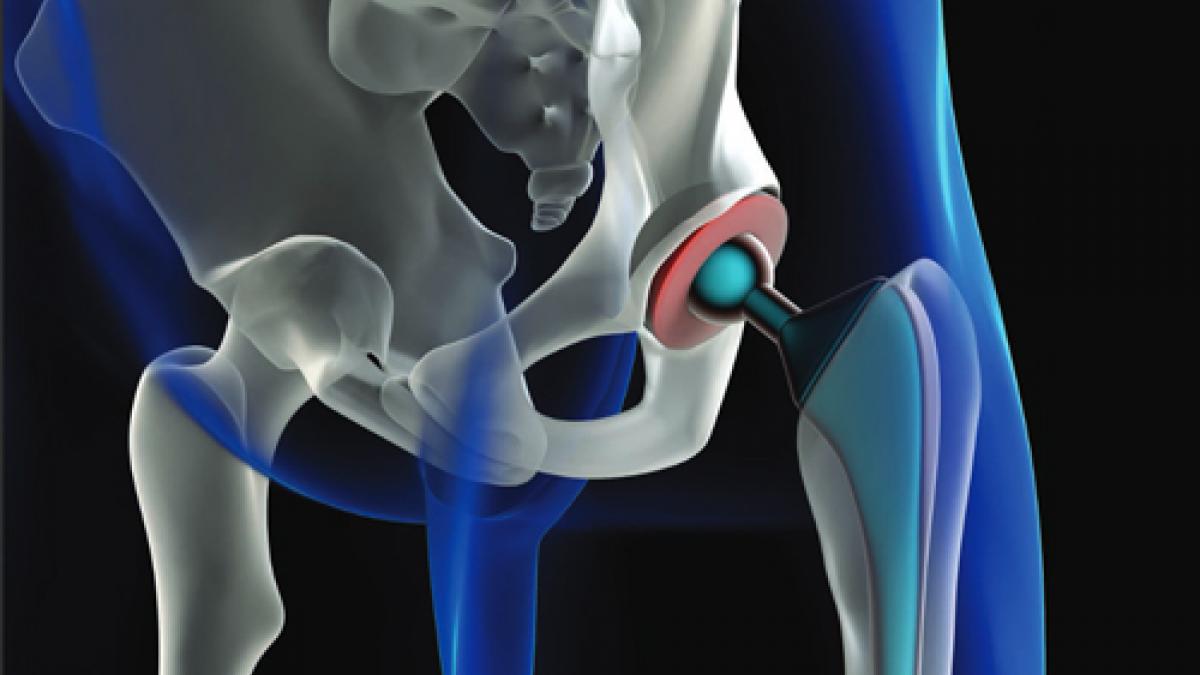The proportion of patients admitted to a multidisciplinary hip fracture programme within four hours of surgery dropped from 43.9 per cent in 2015 to just 39.9 per cent last year.

The CSP’s Ruth ten Hove said Hipsprint will provide powerful information about the care of hip fracture patients
The findings were published on 14 September in the latest report on the National Hip Fracture Database. It analyses the care in 2016 of nearly 65,000 people who presented with a hip fracture across 177 hospitals, every acute hip fracture unit in England, Wales and Northern Ireland.
Hospitals and commissioners should examine the reasons for delays in admitting people to beds where they can receive coordinated multidisciplinary care from a hip fracture programme team, it recommends.
It found that the average length of stay had risen slightly from 21.1 to 21.6 days over 12 months. This may be a result of a general increase in demand for post-acute beds, or reflect better capture of the overall length of NHS care following hip fracture.
Physio in care homes
It says that the availability of physiotherapy in care homes can influence decisions about the early discharge of patients to their original care home or to a new placement.
But it found that 30 per cent of hospitals had no access to follow-up physiotherapy in care homes, a gap that runs counter to recommendations from the National Institute for Health and Care Excellence.
The report calls on hospitals and commissioners to use the opportunity of the CSP’s ongoing Hipsprint audit, which is capturing hip fracture rehabilitation data in England and Wales to map the care of individuals over 120 days.
Hipsprint rehab audit
Hipsprint is due to be completed on 31 October and the report says its results will improve the understanding of patient flows through acute care and different local services.
Ruth ten Hove, the CSP’s head of research and development, said the results of Hipsprint will be available in January 2018. ‘This will provide evidence for physios, hip fracture programmes and commissioners to better understand how patients progress through the pathway,’ she said.
While she welcomed the National Hip Fracture Database report, she said Hipsprint will give much more accurate information about the patient’s total length of stay in a bed-based unit.
Powerful information
‘Current data collection ends when people leave acute hospitals, but Hipsprint will provide powerful information about the true length of stay of hip fracture patients,’ Ms ten Hove said.
The report found that 77.3 per cent of all patients were ‘mobilised’ by the day after surgery last year, a slight improvement on the 73 per cent recorded the previous year. However, this still means that many people, 22.7 per cent, were not mobilised.
Of those who were mobilised, 63.6 per cent received a physiotherapy assessment. Patients who were not assessed by a physiotherapist were three times more likely not to be mobilised, the report says.
Cost implications
It warns that not providing a post-operative physiotherapy assessment could be costly for trusts in England. Since April 2017 failing to do this means they will lose £1,335 of Best Practice Tariff per case.
This provides a powerful financial incentive to improve the provision and coordination of seven-day physiotherapy support to this patient group, the report says.
Positive results
Among the positive results in the audit are improvements at the Queen Alexandra Hospital, Portsmouth. The hospital reported that 97.7 per cent of patients were mobilised by the day after surgery.
One of the ways it achieved this was by doubling its physiotherapy team, with additional staff at bands 6, 5, and 3. All post-operative patients at the hospital are assessed by a physiotherapist, seven days a week and mobilised, unless their medical condition dictates otherwise.
What's the NHFD?
The National Hip Fracture Database is a clinically-led, web-based audit of hip fracture care managed by the Royal College of Physicians.
Find Out More
Number of subscribers: 0